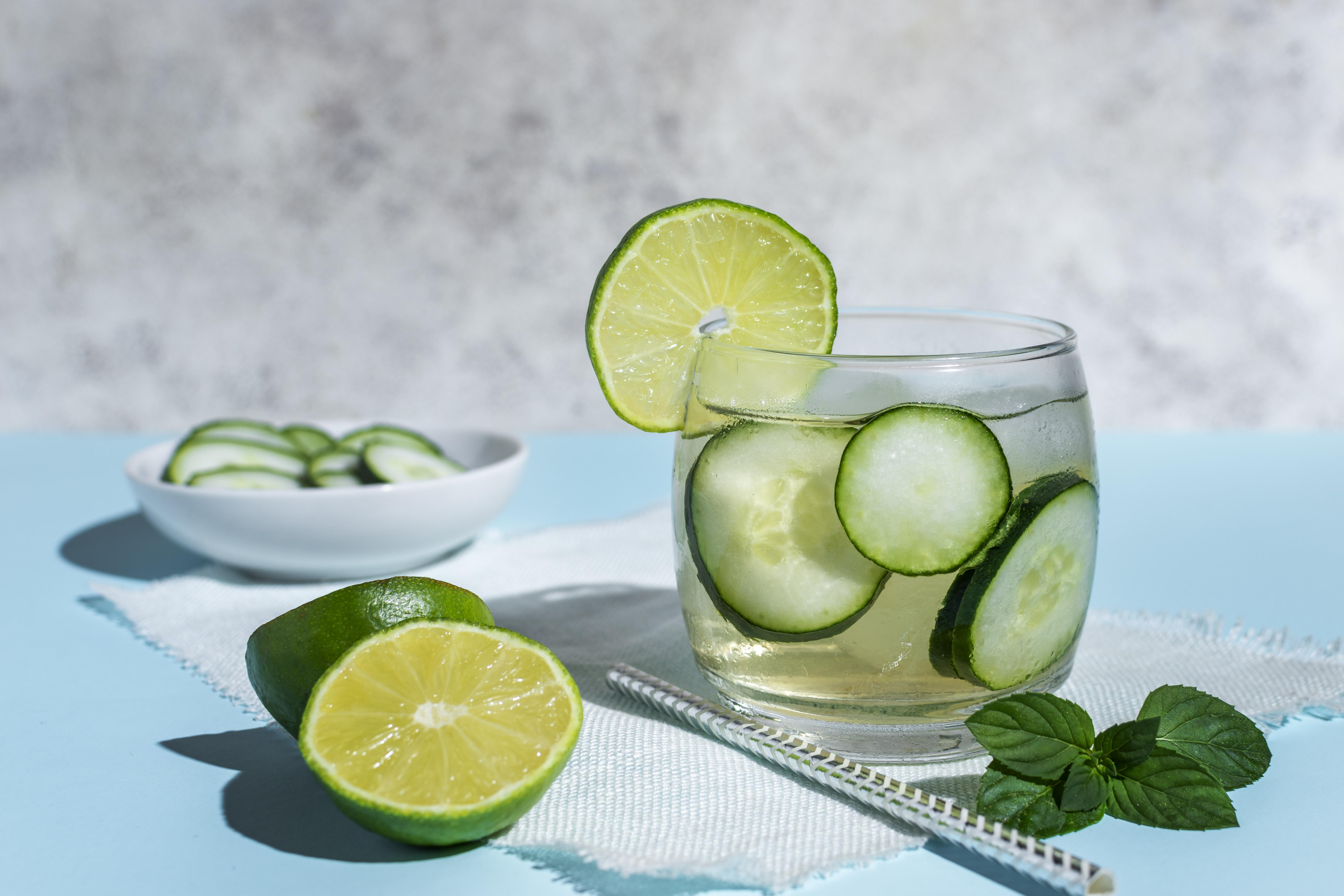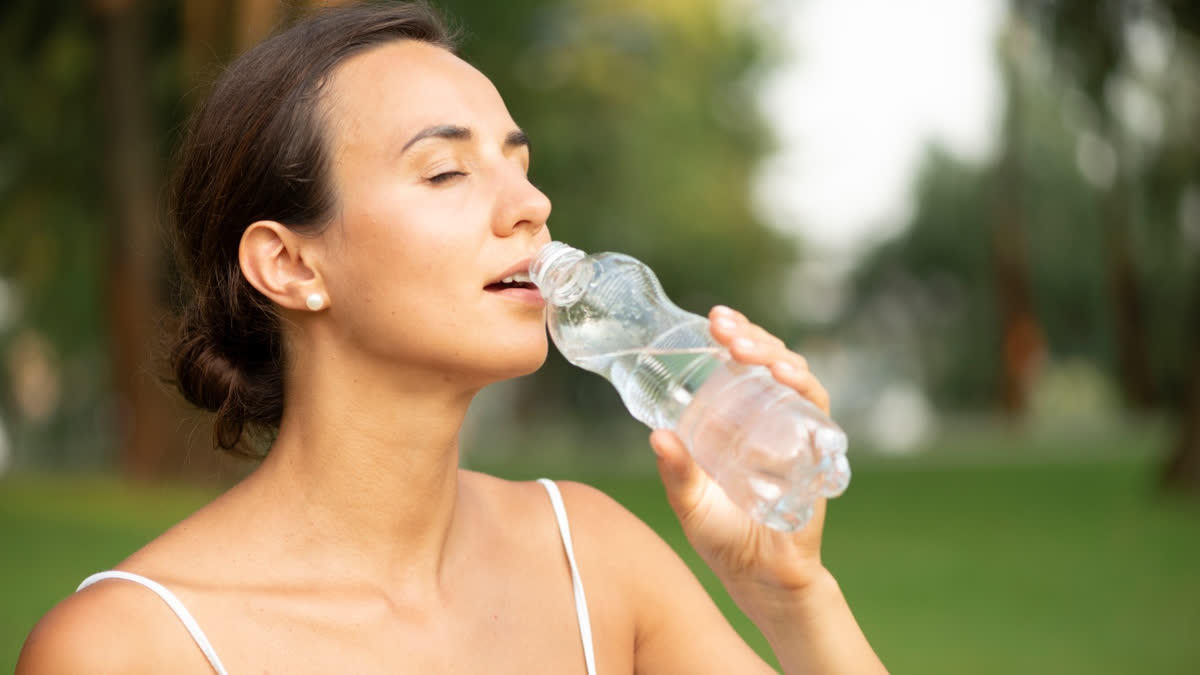Staying hydrated is important for health, but how much water do we really need each day? Recommendations differ, but understanding why water is crucial for health helps make sense of your body’s needs. According to a research by Mayo Clinic, each individual needs are different depending on many factor. But your individual water needs depend on many factors, including your health, how active you are and where you live. No single formula fits everyone. But knowing more about your body's need for fluids will help you estimate how much water to drink each day.
How Much Water Should You Drink Daily?
The 8x8 rule, or drinking eight 8-ounce glasses (about 2 liters or half a gallon) daily, is a popular guideline, but it’s just that—a general guideline. The right amount of water varies based on your age, sex, body size, activity level, and even the climate where you live.
3.7 liters (125 ounces) for men
2.7 liters (91 ounces) for women
This includes all beverages and moisture in food, not just plain water. Fruits, vegetables, coffee, tea, and milk all contribute to your daily intake.

Factors that affect your water needs
Climate and environment: Warm or humid weather makes you sweat more, so you’ll need more water to compensate for the lost fluids.
Activity level: The more active you are, the more water you’ll need, as physical exertion increases sweat and water loss.
Health conditions: Illnesses that cause fever, vomiting, or diarrhea require increased hydration. Some conditions, like kidney stones or urinary tract infections, may also demand more water.
Pregnancy and breastfeeding: Women who are pregnant or breastfeeding need more fluids to stay hydrated.
How water impacts your health
Proper hydration is key to several bodily functions and can prevent many health issues. Here's what water does to your body if you drink it enough.
Regulates body temperature:
Sweating is your body’s way of cooling down. Without adequate water, this process is disturbed, which can lead to overheating and dehydration.

Aids digestion:
Water helps break down food and keeps things moving through the digestive system. It’s also crucial for nutrient absorption. Inadequate hydration can lead to constipation and digestive discomfort.
Boosts Skin Health:
Water keeps your skin cells hydrated, reducing dryness and promoting elasticity, which can give you a healthy glow.
Supports kidney function:
The kidneys filter waste from the blood, and adequate water intake helps flush out toxins through urine. Chronic dehydration can lead to kidney stones and other urinary tract issues.
Improves brain function and mood:
Dehydration affects mental clarity, concentration, and even mood. Research shows that mild dehydration (as little as 1-3%) can impair focus, memory, and alertness.
Supports weight loss and appetite control:
Drinking water before meals can help you feel fuller, potentially reducing calorie intake. It also boosts metabolism, helping the body burn calories more efficiently.

Signs you are not drinking enough water:
Dehydration signs:
Dark-colored urine
Dry mouth and skin
Fatigue
Dizziness or lightheadedness
Muscle cramps

Tips to stay hydrated:
Start your day with a glass of water in the morning. Begin each day with a glass of water to kickstart hydration.
Carry a water bottle. Having water within reach makes it easier to sip throughout the day.
Flavor your water. Add fruits like lemon or cucumber for a refreshing twist if plain water doesn’t appeal to you.
Eat water-rich foods. Foods like watermelon, cucumbers, oranges, and spinach are hydrating and count toward your daily water intake.
Read More:



